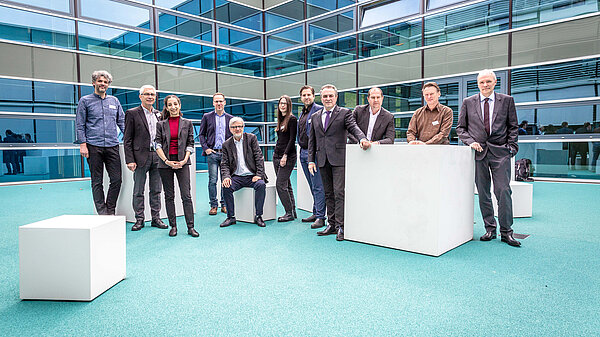High-Performance Computing Center Stuttgart

Important issues that society faces do not always enter into consideration in the (simulation) sciences. To ensure that socially significant topics find their way into simulation science, HLRS has established a sociopolitical advisory board. This advisory board advises HLRS on its research and is supporting the identification of new sociopolitically relevant topics.
Members of the socipolitical advisory board come from a variety of societal backgrounds (nursing, education, journalism, design, architecture, and many others), ensuring that the necessary diversity of societally relevant topics is taken into consideration. Together with the sociopolitical advisory board, HLRS has embarked on an effort to discover new areas where computer simulation can make socially relevant contributions.
Through the establishment of the sociopolitical advisory board, HLRS is working to fulfill its social responsibility more than in the past and to expand these efforts by gathering impulses from outside the center. Thus far, for example, a sustainability group at HLRS has been addressing issues related to energy consumption of supercomputers, while the Simulated Worlds project challenges school-age students by providing a one-year scholarship that enables them to develop their digital skills.









